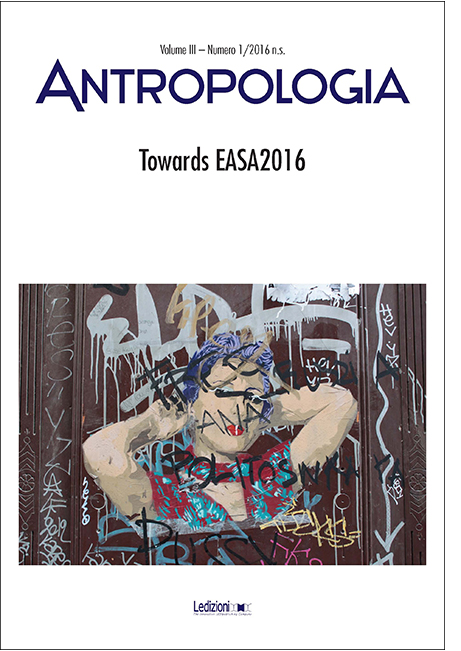For an Anthropology of Gaps, Discrepancies and Contradictions
DOI:
https://doi.org/10.14672/ada2016438%25pKeywords:
Anthropology of public action, Culturalism, Development anthropology, Implementation gap, Ideal-type, DissonancesAbstract
The propensity of anthropology to highlight the homogeneity of the groups it studied, related to the “primitivist” and “peasantist” contexts associated with the emergence of the discipline, can be referred to as “culturalism”. Such a scientific ideology underestimates the contradictions and diversities deployed within any social group studied by anthropologists, as well as the discrepancy between the rules of the social game and the actors’ real practices. Nevertheless, various anthropologists have long expressed an interest in both the internal inconsistencies of social orders and the non-compliant practices. Some examples are given of these considerations for differences, from Malinowski or the Manchester school to legal pluralism or the anthropology of organizations. The European anthropology of development, extended to-day into an anthropology of public actions and public policies, is undoubtedly the sub-discipline that has developed the most an empirically grounded approach of gaps and discrepancies, alongside a dialogue with sociology and political science. It has put the richness of ethnographic investigation and qualitative research to the service of investigating the implementation gaps of public policies and the behavioural gaps of public agents. This opens the way for a reconsideration of Max Weber’s ideal-type as a methodological gap.Downloads
Published
2016-03-23
Issue
Section
Articles
License
Authors maintain the copyright of their original work and grant the Journal the right to first publication, licensed after 36 months under a Creative Commons Licence – Attribution, which allows others to share the work by indicating the authorship and first publication in this journal.
Authors may agree to other non-exclusive licence agreements for the distribution of versions of their published work (for example in institutional archives or monographs) under the condition that they indicate that their work was first published in this journal.



